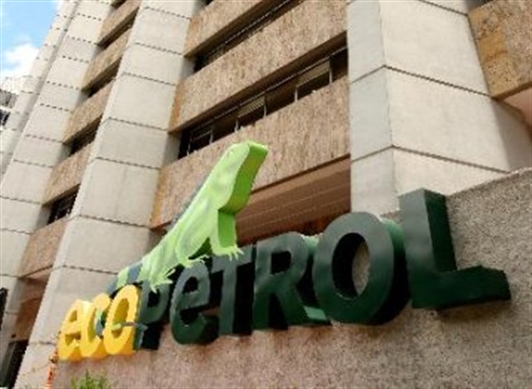
(Ecopetrol, 6.Apr.2022) — In line with the goal of achieving net-zero carbon emissions within scopes 1 and 2 by 2050, as announced a year ago, the Ecopetrol Group reported that it reduced its carbon emissions by 493,441 tons between 2020 and 2021, which is equivalent to restoring an area of approximately 50,000 hectares.
Highlights:
- This reduction is a major step towards the goal announced a year ago of achieving net-zero carbon emissions by 2050.
- Energy efficiency projects, the incorporation of renewable energies and reduction of fugitive emissions and venting are underway.
- A reduction of more than 1.6 million tons of carbon emissions is expected between 2020 and 2024.
- Ecopetrol is consolidating its position as one of the leading companies in the energy transition in Latin America.
This result was achieved through the implementation of a comprehensive strategy that includes the reduction of fugitive emissions and venting, the reduction of gas flaring, and the incorporation of renewable energy projects focused mainly on solar farms, as well as various initiatives to achieve energy efficiency.
This last front accounts for more than half of the reductions recorded and focuses on the analysis of operating processes to identify savings opportunities, with the aim of optimizing energy consumption. To date, more than 25 initiatives have been implemented.
The Barrancabermeja and Cartagena refineries as well as the Magdalena Medio and Llanos Orientales production fields were the operating areas where the greatest emission reductions were recorded.
The Ecopetrol Group expects to achieve a cumulative reduction of 1.6 million tons of carbon equivalent through operational initiatives in the next three years in order to advance in its goal of reducing its CO2e emissions by 25% (scopes 1 and 2) compared to the baseline established in 2019.
To achieve this challenge, the company is also working on consolidating its Natural Climate Solutions portfolio, which includes avoided deforestation projects, restoration and tree planting in agroforestry projects, among other initiatives, in order to enable the supply of at least two million carbon credits to offset residual emissions that cannot be mitigated or eliminated.
This portfolio is maturing through partnerships with specialized organizations such as The Nature Conservancy, Fundación Natura, Wildlife Conservation Society and ISA‘s Conexión Jaguar (jaguar connection) program.
“We are making rigorous and orderly progress in our ambitious goal of achieving net-zero carbon emissions through a decarbonization plan that includes operational actions and the incorporation of natural climate solutions. The former which are key in Colombia, as the primary emissions sources in our country are associated with deforestation and changes in land use,” stated Santiago Martínez, Ecopetrol’s Sustainability and Decarbonization Manager.
Ecopetrol Group’s Decarbonization Plan has intermediate goals, as well as a short-, medium- and long-term portfolio, including some projects that have already been implemented, are maturing or are being studied.
This plan prioritizes initiatives in energy efficiency, renewable energies, reduction of fugitive emissions and venting. Additionally, progress is being made in the development of pilot projects in emerging technologies such as hydrogen, Carbon Capture, Use and Storage (CCUS) and Natural Climate Solutions projects.
____________________

